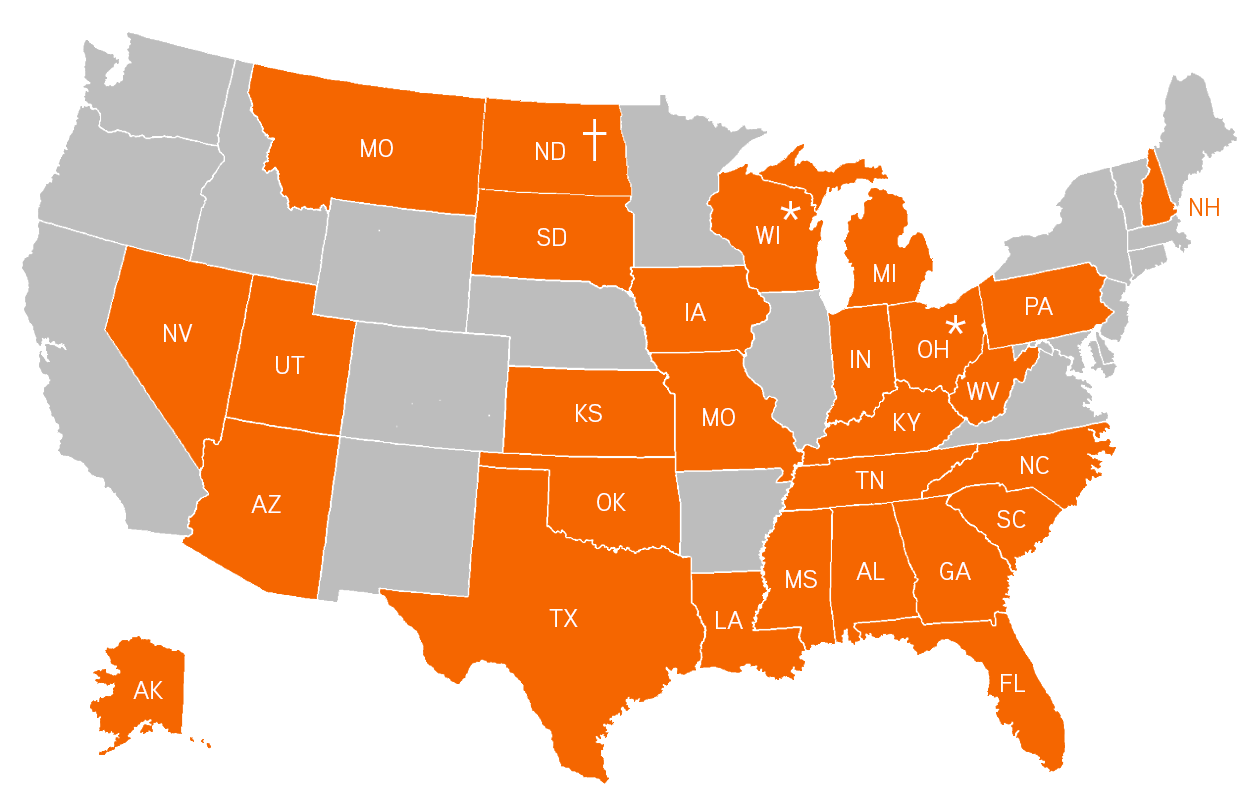South Carolina’s Stand Your Ground Law: A Comprehensive Explanation

South Carolina’s Stand Your Ground (SYG) law, codified as Section 16-11-440 of the South Carolina Code of Laws, is a legal principle that provides individuals with the right to use deadly force in self-defense without first attempting to retreat or evade the danger. This law is based on the common law principle that a person has the right to defend themselves against imminent harm.

Key Provisions of the Law:

No Duty to Retreat: In situations where an individual reasonably believes that they face imminent peril of death or serious bodily harm, they are not required to attempt to retreat or avoid the confrontation.
Presumption of Reasonable Fear: The law presumes that a person acting in self-defense reasonably feared imminent harm or death, even if the actual threat was later found to be non-existent. This presumption shifts the burden of proof to the prosecution to disprove the defendant’s claim of self-defense.
Immunity from Prosecution: Under the Stand Your Ground law, an individual who rightfully uses deadly force in self-defense is immune from criminal prosecution and civil liability. This immunity applies even if the person who acted in self-defense was not in their home or place of business.
Affirmative Defense: If an individual is charged with a crime for using deadly force in self-defense, they must assert the Stand Your Ground defense as an affirmative defense. The burden of proof is on the defendant to show that they acted in self-defense and that their use of force was justified.
Limitations and Exceptions:
Initial Aggressors: The Stand Your Ground law does not apply to individuals who are the initial aggressors in a confrontation. A person who provokes or initiates an incident cannot claim self-defense if they use deadly force.
Duty to Retreat if Possible: If an individual can safely retreat without further risk of harm, they are required to do so. The Stand Your Ground law only applies when retreat is not a viable option.
Proportionality of Force: The force used in self-defense must be proportional to the threat posed. For example, deadly force cannot be used to defend against a non-deadly threat.
Implications and Controversies:
Protection of Self-Defense Rights: Proponents of the Stand Your Ground law argue that it protects the right of individuals to defend themselves and their loved ones, particularly in situations where they are facing imminent harm.
Potential for Escalation of Violence: Critics of the law contend that it may lead to an increase in violence, as individuals may be more inclined to use deadly force in situations that do not warrant it.
Racial Disparities: Some studies have indicated that Stand Your Ground laws may lead to racial disparities, with African Americans being more likely to be charged with crimes related to self-defense than whites.
Conclusion:
The Stand Your Ground law in South Carolina is a complex legal principle that grants individuals the right to use deadly force in self-defense without the duty to retreat. While the law is intended to protect individuals from imminent harm, it also carries potential implications, including the potential for increased violence and concerns about racial disparities. Understanding the provisions and limitations of the Stand Your Ground law is crucial for individuals to exercise their right to self-defense responsibly and for law enforcement and the courts to interpret and apply the law justly.






